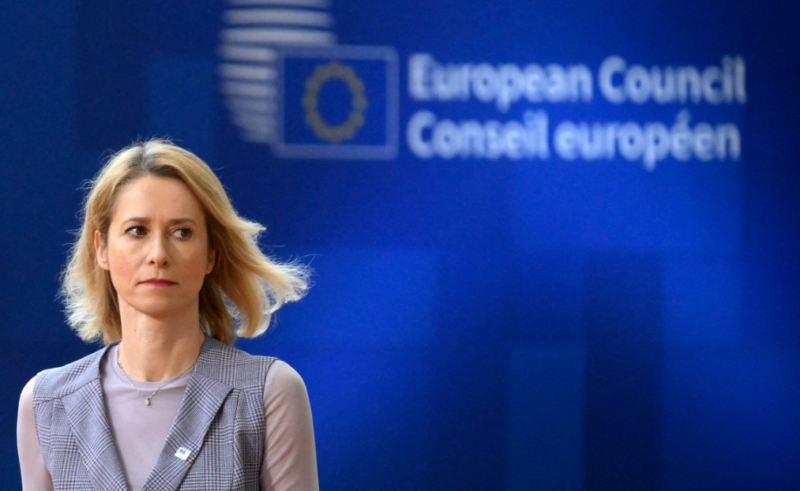Tensions flared in Brussels as EU foreign policy chief Kaja Kallas fiercely rejected Spain’s proposal to appoint a special envoy for Ukraine peace talks. According to multiple reports, she was visibly frustrated when Spanish Prime Minister Pedro Sanchez pushed for a designated negotiator—a move already backed by Finland and Croatia.
Sanchez argued Europe needed a unified voice in negotiations with Russia and Ukraine, but Kallas wasn’t having it. According to EU diplomats, she snapped back, insisting she was the one responsible for representing the bloc. Behind closed doors, things got heated, with Kallas reportedly asking, “What am I here for?”
The debate comes amid growing unease in Europe over being sidelined in diplomatic efforts. Donald Trump, now actively engaging in talks, recently brokered a 30-day pause on energy strikes between Vladimir Putin and Volodymyr Zelensky—all without EU involvement. Worse yet for Brussels, Trump refuses to pledge unlimited support for Ukraine or offer long-term security guarantees.
Beyond diplomacy, money is another sticking point. Spain and Italy have balked at Kallas’ €40 billion ($43 billion) military aid proposal, calling it too expensive. Sanchez also criticized the European Commission’s ambitious €800 billion ($868 billion) rearmament plan, arguing that southern Europe faces different security challenges than the eastern flank.
With internal rifts widening and the U.S. taking the lead on negotiations, the EU faces a harsh reality—its influence on the Ukraine conflict is slipping fast.




